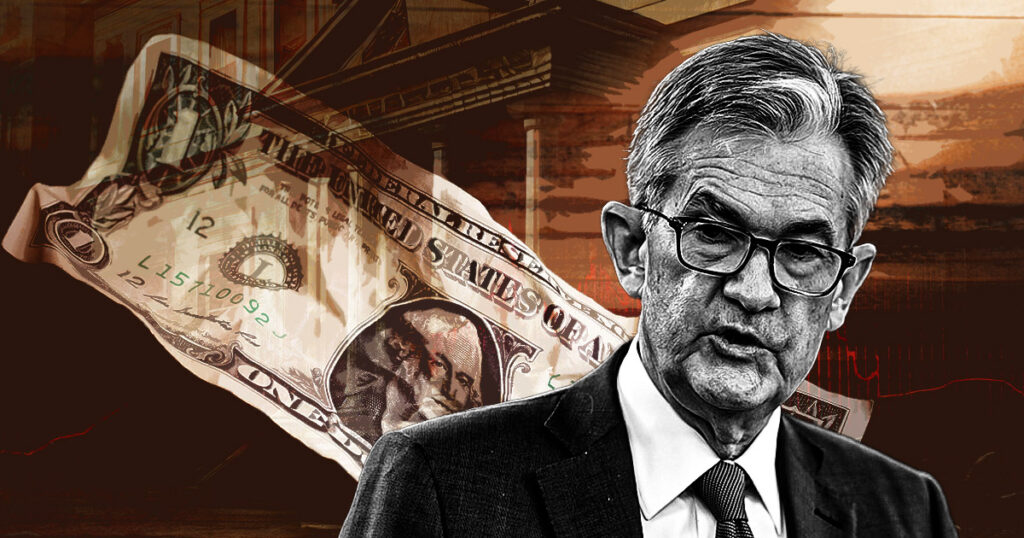
Federal Reserve Chairman Jerome Powell confirmed That the US will never have a central bankdative currency (CBDC) while leading the central bank.
Powell made the statement on 11 February while speaking on the “Semi -year monetary policy report at the congress.” His comments were a reaction to Senator Bernie Morenos Concern that the US could “look like China” and possibly give a CBDC.
After Powell’s confirmation, Senator Moreno stated:
“Thanks for that. I think it’s extremely important, it makes me very happy to hear you say that. “
President Donald Trump in particular has one executive order On January 23, this prohibits federal agencies to create a CBDC.
No CBDC plans
Powell has recently made public statements The rejection of the The probability that the FED issued a CBDC in March 2024 during a hearing of the Senate Bank Committee on monetary policy.
He reassured the legislators that the Federal Reserve “nowhere in the neighborhood” took steps to implement a CBDC, and added:
“People don’t have to worry about a digital currency from the central bank; Something like that does not happen quickly. ‘
Moreover, the Federal Reserve Gouverneur Christopher Waller recently pronounced skepticism about the need for a CBDC in the US payment system.
During the Clearing House Annual Conference 2024 on 12 November, Waller wondered whether a CBDC is tackling inefficiencies in the real market. He repeated his attitude of 2021 and stated that he still heard a compelling reason for its approval.
Waller emphasized the role of the private sector in stimulating payment innovation through competition, with the argument that market -driven solutions are more effective than government intervention.
He also claimed that the government must support instead of competing in the progress of the payment system until a clear need arises that the private sector cannot satisfy.
Both comments reinforced the cautious attitude of the FED in relation to CBDCs, which emphasizes the private sector to stimulate financial innovation and at the same time prevent direct involvement of the government in personal finances.

